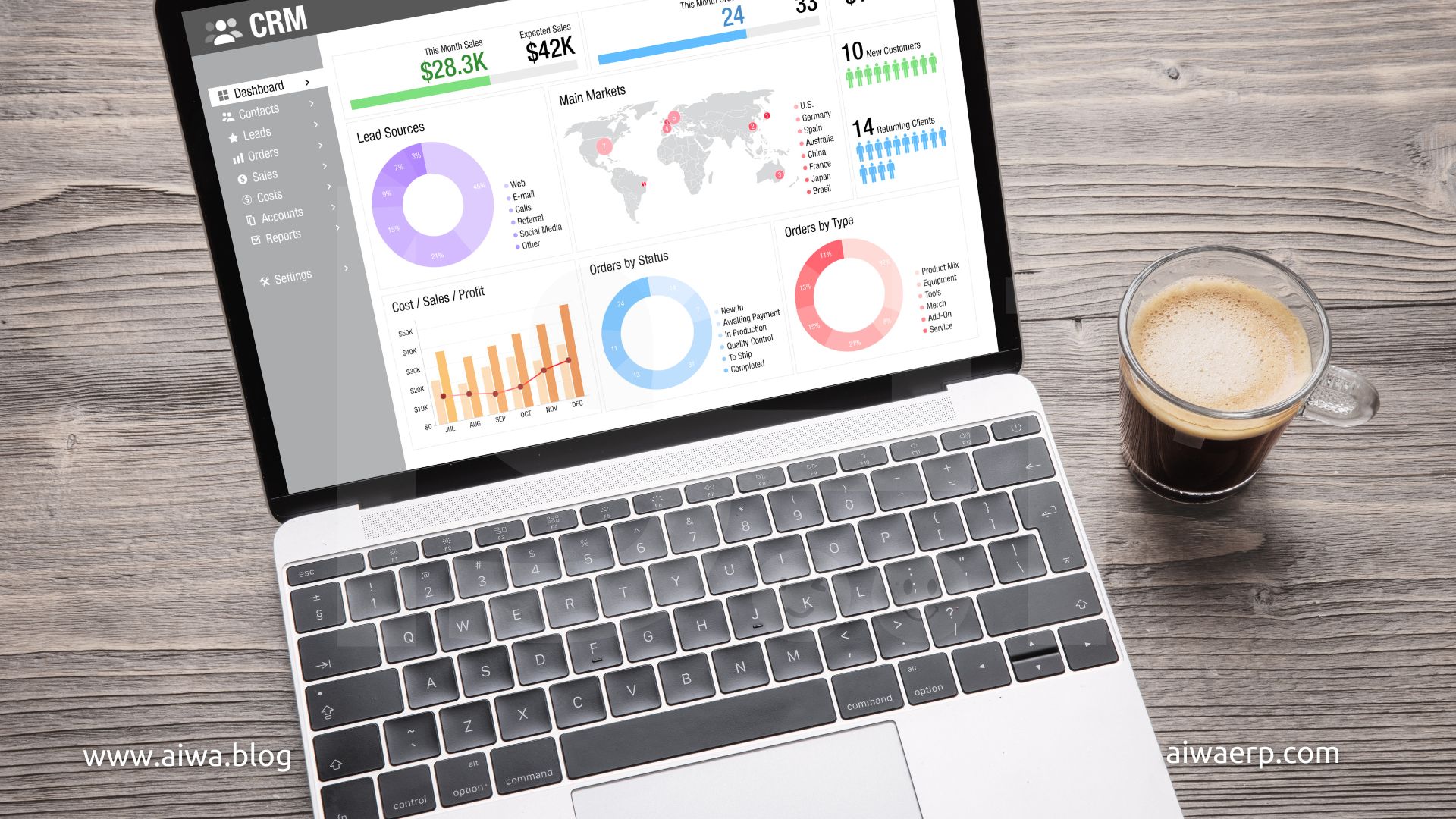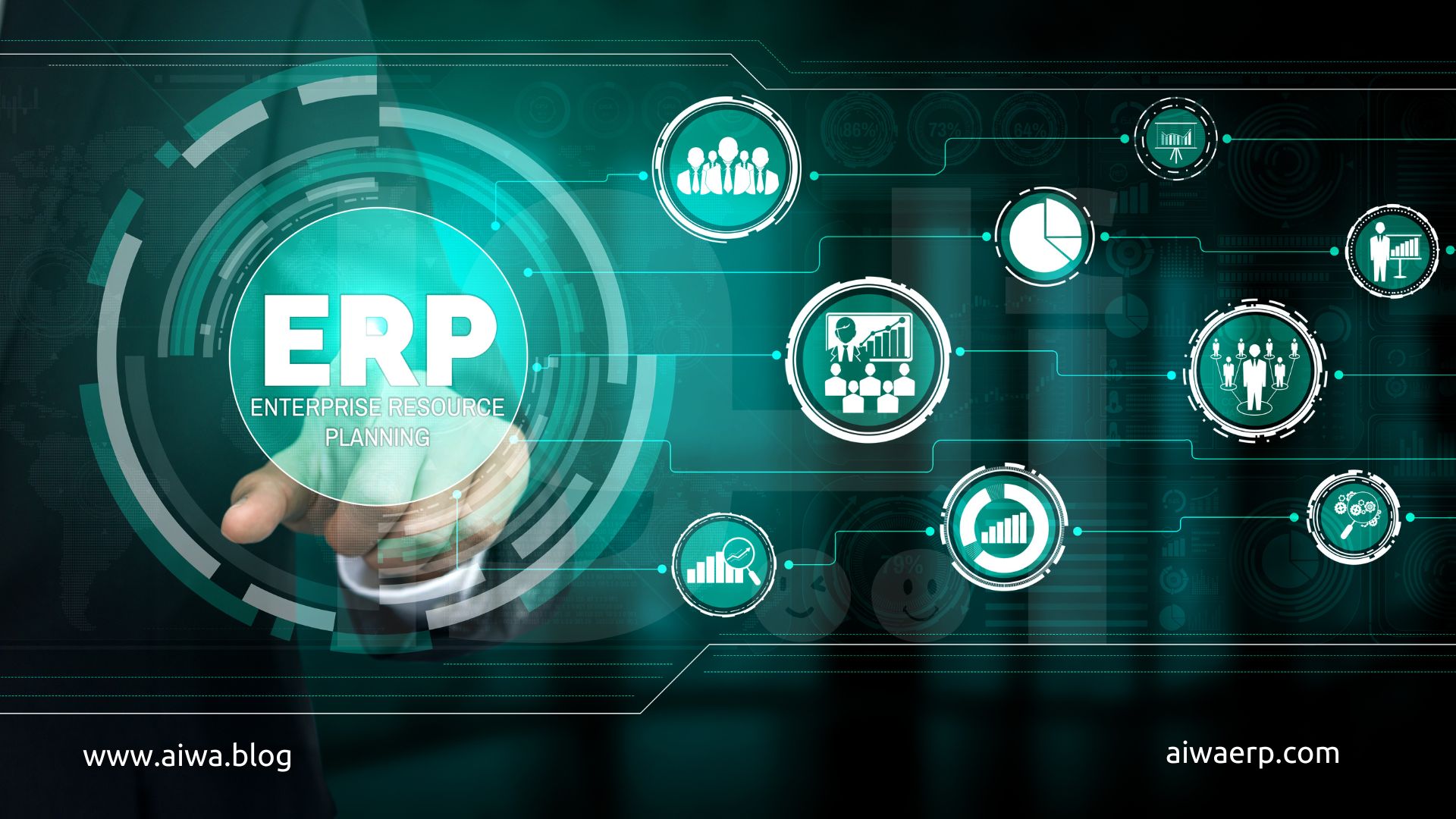In the rapidly evolving world of business, efficiency, organization, and data-driven decision-making are the keys to success. That's where Enterprise Resource Planning (ERP) systems come into play. In this comprehensive guide, we will explore why every business, regardless of its size or industry, needs an ERP system. From streamlining operations to boosting profitability, ERP software can revolutionize the way you run your business.

Streamlining Operations
Streamlining business operations is the cornerstone of ERP implementation. Whether you are a small startup or a multinational corporation, an ERP system can help you integrate and automate various processes within your organization. This includes everything from inventory management and order processing to payroll and customer relationship management. By centralizing your data and processes, you eliminate redundancy, reduce manual errors, and optimize efficiency.
Improved Data Accuracy
Data accuracy is paramount in making informed decisions. ERP software ensures that your data is consistently accurate and up-to-date. It provides real-time insights into various aspects of your business, such as sales, inventory levels, and financial performance. With reliable data at your fingertips, you can make strategic decisions confidently, leading to better outcomes and a competitive edge.
Enhanced Collaboration
Collaboration is vital in today's interconnected business environment. ERP systems facilitate seamless communication and collaboration among different departments and teams. Employees can access the same information from a centralized platform, which fosters better teamwork and faster decision-making. This improved collaboration can help your business respond more effectively to market changes and customer demands.
Scalability and Growth
As your business grows, so do its complexities. ERP software is designed to scale with your business, ensuring that you can manage increased data volumes and operational demands. This scalability enables you to expand your business without worrying about outgrowing your systems. Whether you add new products, open new locations, or enter new markets, your ERP system can adapt to support your growth.
Cost Efficiency
Investing in an ERP system is an investment in cost efficiency. While there is an initial implementation cost, the long-term benefits far outweigh it. ERP streamlines processes, reduces manual labor, minimizes errors, and enhances productivity. Over time, this translates into significant cost savings. Moreover, by optimizing inventory management and order processing, you can reduce carrying costs and improve cash flow.
Benefits On "Why Every Business Needs ERP"
- Educational Content: Your blog post provides valuable educational content to your target audience, helping them better understand the importance of ERP systems.
- Increased Website Traffic: An informative and well-optimized blog post can attract more organic traffic to your website, especially if it ranks well in search engine results.
- Enhanced Credibility: By sharing insightful information about ERP systems, you establish your business as a credible and knowledgeable source in the field.
- Lead Generation: Your blog post can include strategically placed calls-to-action (CTAs) that encourage readers to take action, such as signing up for your newsletter or requesting more information about your ERP software.
- Improved SEO: Consistently publishing high-quality blog content can improve your website's search engine optimization (SEO), making it more discoverable by potential customers.
- Positioning as an Industry Expert: Your blog post can position your company as an expert in the ERP industry, which can attract businesses seeking knowledgeable providers.
- Social Sharing: Engaging and informative content is more likely to be shared on social media platforms, potentially increasing your content's reach and visibility.
Detriments On Not Using An ERP
- Missed Efficiency Gains: Without an ERP system, businesses often struggle to streamline their operations efficiently. Manual data entry, disparate software systems, and paper-based processes can lead to inefficiencies, errors, and delays in tasks like order processing, inventory management, and financial reporting. This inefficiency can result in higher operational costs and missed opportunities for growth.
- Inaccurate Decision-Making: In the absence of an ERP system, businesses rely on fragmented data sources and manual data consolidation. This increases the likelihood of data errors and inconsistencies, leading to inaccurate decision-making. Making critical business decisions based on flawed or outdated information can have serious consequences, such as making unwise investments, misallocating resources, or missing out on market trends.
- Communication Breakdown: Without a centralized platform like an ERP system, communication and collaboration among different departments can suffer. Siloed information and manual communication methods can lead to misunderstandings, miscommunications, and delays in project execution. This lack of cohesion can hinder a company's ability to respond swiftly to changing market conditions or customer needs.
- Higher Operational Costs: The absence of an ERP system can lead to higher operational costs over time. Manual processes, increased labor requirements, and inefficiencies in inventory management can all contribute to increased expenditures. Additionally, the lack of real-time data insights can make it challenging to identify cost-saving opportunities, optimize supply chain management, and maintain healthy profit margins.
- Competitive Disadvantage: In today's fast-paced business environment, competitors who have adopted ERP systems often have a significant advantage. They can operate more efficiently, respond quickly to market changes, and provide better customer service. Without an ERP system, your business may struggle to keep up and could potentially lose market share to more agile and tech-savvy competitors.

Conclusion:
_1056.png)


_1118.jpg)
_105660x60.png)
_1083.jpg)
_1084.jpg)
_1108.jpg)

_1255500x270.jpg)
_1250500x270.jpg)
_1331500x270.jpg)
_125560x60.jpg)
_125060x60.jpg)
_133160x60.jpg)
_129860x60.jpg)
Write your comment
Cancel Reply